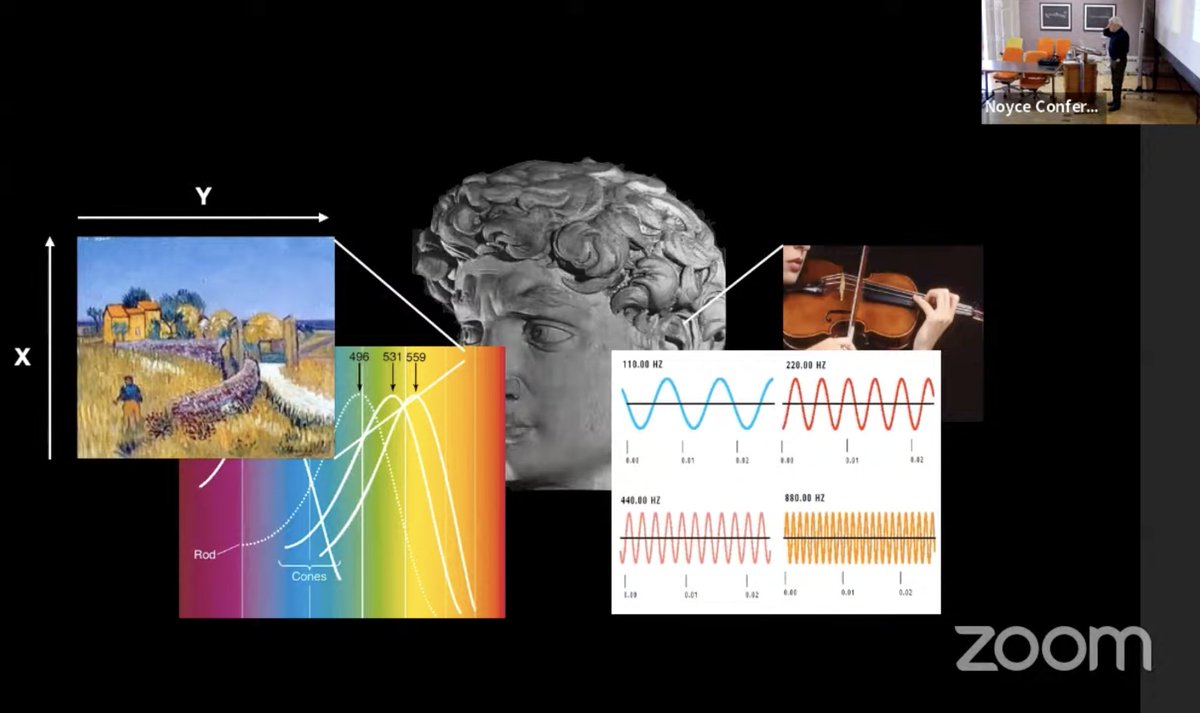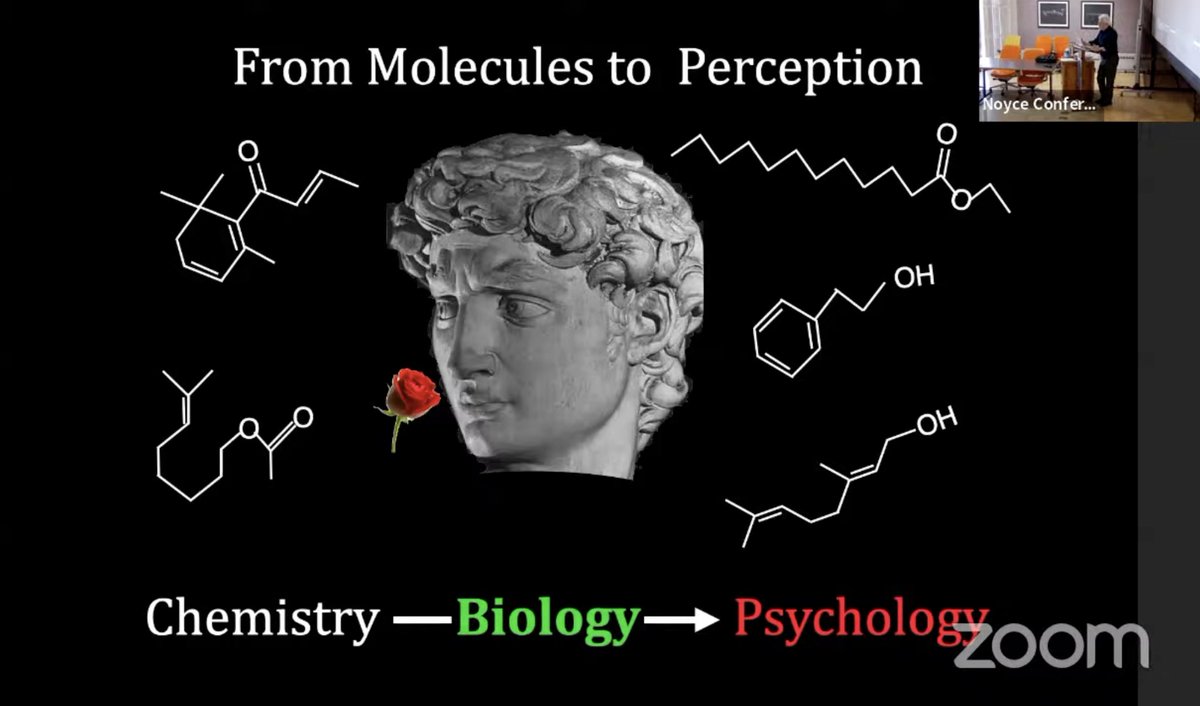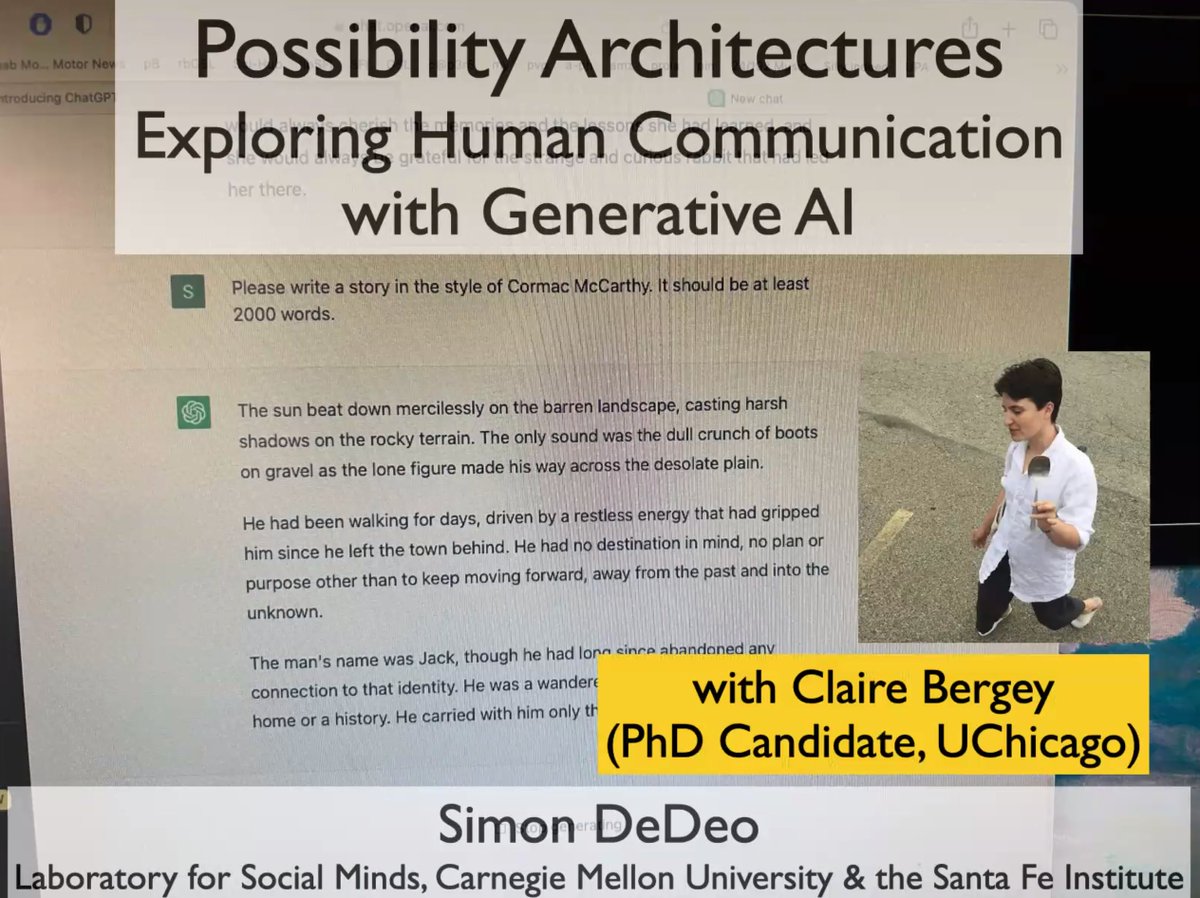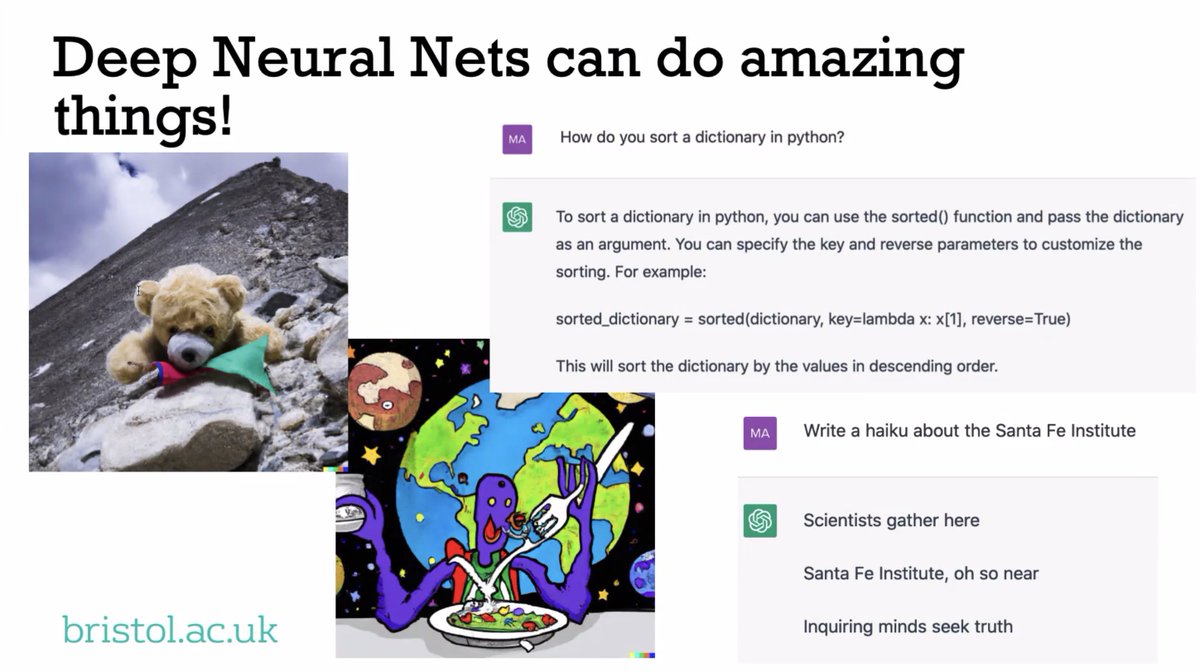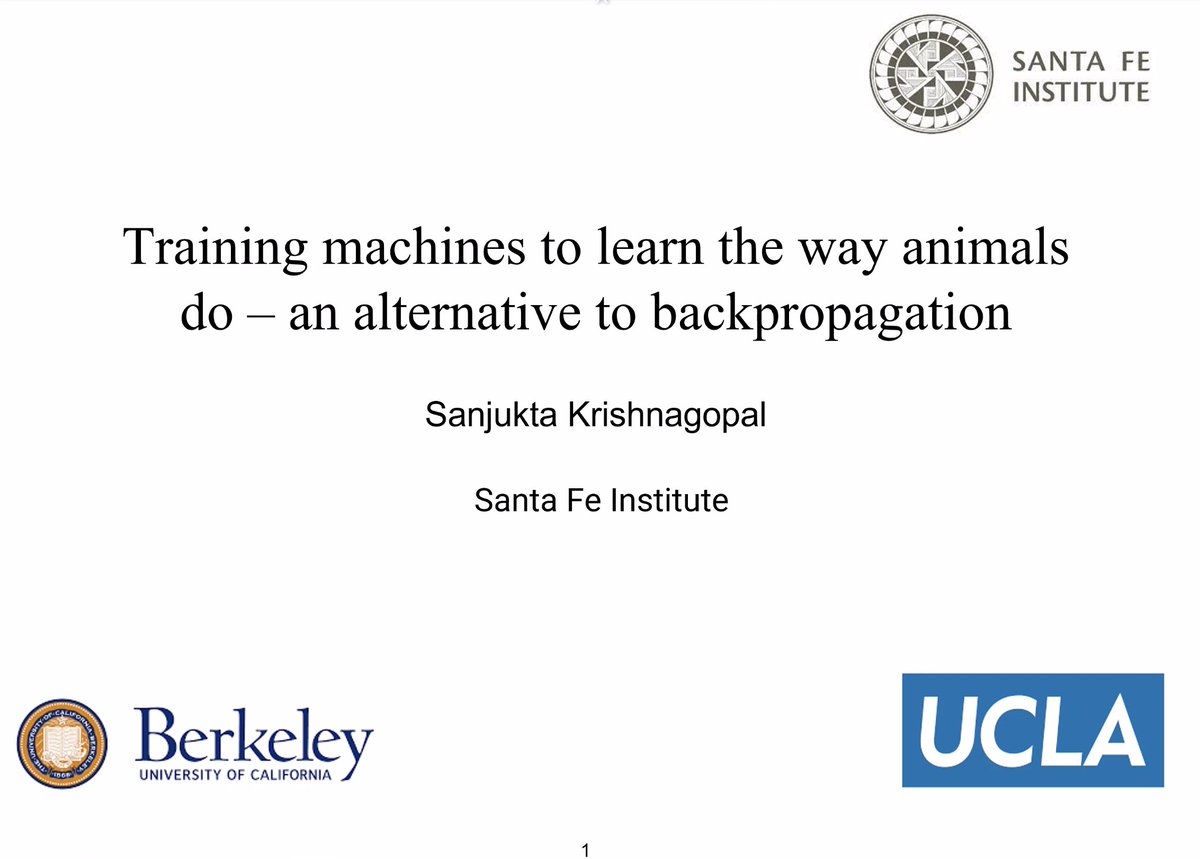"#Economics in #Nouns and #Verbs"
Below, we share key excerpts from SFI External Prof W. Brian Arthur's (@Stanford, @PARCinc) latest, available at arxiv.org/abs/2104.01868, which we recommend for its elucidation of key blind spots in economic thinking & how to address them...
Below, we share key excerpts from SFI External Prof W. Brian Arthur's (@Stanford, @PARCinc) latest, available at arxiv.org/abs/2104.01868, which we recommend for its elucidation of key blind spots in economic thinking & how to address them...

"Different means 'see' differently—often they reveal different versions of the same object. #MRI looks at body parts and reveals soft tissue structure; #CT scanning looks at the same body parts and reveals bone structure. There is no 'correct' version of internal body parts."
"#Mathematics is powerful in #economics—and necessary—but I don’t believe that it is suited to describing all that is interesting in an economy. In fact I don’t believe that there is any privileged way to view the economy. There are useful ways and less useful ones."
"Nouns are the water economics swims in. Of course in the real economy there are actions."
"#Biology would be hard to imagine without actions—events triggering events, events inhibiting events. So why then is #economics noun-based? One good reason is that any field, as it becomes theoretical, tends to marshal its thinking into concepts..."
"To use algebraic #equations a field of interest must be reduced to #nouns. This is why #biology, which can’t easily be reduced to nouns, is only partially mathematizable."
"For its first 750 years [#algebra] was an art exercised in wordy form by merchant adepts...in the late 1500s symbols arrived, and natural philosophy took notice. Symbolic notations added a further aura of mystery. But whatever the mystique, algebra remained storytelling."
"Because algebraic #mathematics allows only quantifiable nouns & disbars #verbs, it acts as a sieve. What it can’t express it can’t contain, so #processes & actions fall through the sieve & are unexpressed. This noun-restriction causes distortions to the story #economics tells."
"Structural change happens when new industries or new technologies change the character of the economy or its parts, as happened when the agrarian economy gave way to manufacturing. Theory can’t pick up a change in character if its objects of interest don’t change in character."
"Noun-based economics links nouns to nouns via equations. It is easier to analyze these if they hold still, much as it is easier to study a butterfly if we nail it to a board. We purchase understanding by assuming stasis. But all too often the system hangs lifeless, unchanging."
"Once you have an equation system with its x’s, y’s and z’s, it is hard for the system to endogenously generate new variables. So novel products, novel strategies, novel ways to use the system, if they are not already declared as variables ready to exist, can’t easily emerge."
"Many economic problems aren't well defined. The players don’t quite know what situation they are dealing with or who their competitors will be or what strategies will be on hand. They're subject to fundamental uncertainty, so they can’t well-define the 'problem' they're facing."
Thanks to @TenreiroDaniel at @YahooNews for the nod:
'Economist W. Brian Arthur recently published a paper called 'Economics in Nouns and Verbs' arguing for more agent-based economic modeling. It’s worth reading in full, but here’s an excerpt...'
news.yahoo.com/microsoft-acqu…
'Economist W. Brian Arthur recently published a paper called 'Economics in Nouns and Verbs' arguing for more agent-based economic modeling. It’s worth reading in full, but here’s an excerpt...'
news.yahoo.com/microsoft-acqu…
"#Economics in #Nouns and #Verbs"
Thanks to @EpsilonTheory for recommending W. Brian Arthur's latest article:
"A small rewiring of my brain happened when I read it...VERY thought provoking and has a lot of links to narrative theory."
epsilontheory.com/the-zeitgeist-…
Excerpts above 👆
Thanks to @EpsilonTheory for recommending W. Brian Arthur's latest article:
"A small rewiring of my brain happened when I read it...VERY thought provoking and has a lot of links to narrative theory."
epsilontheory.com/the-zeitgeist-…
Excerpts above 👆
• • •
Missing some Tweet in this thread? You can try to
force a refresh



